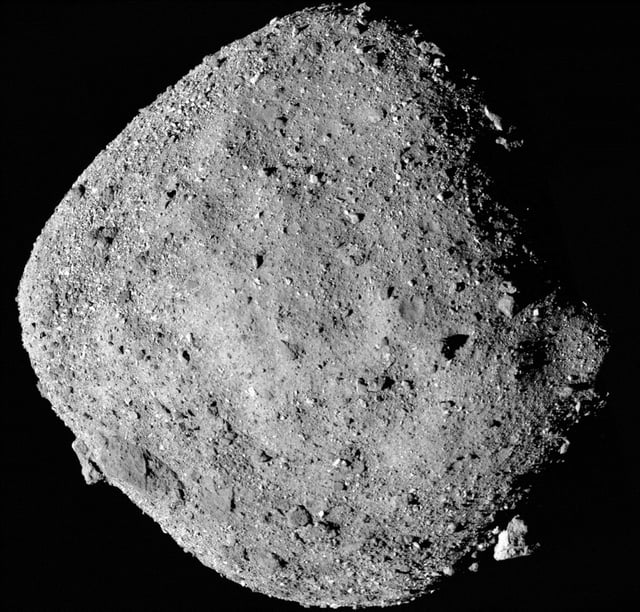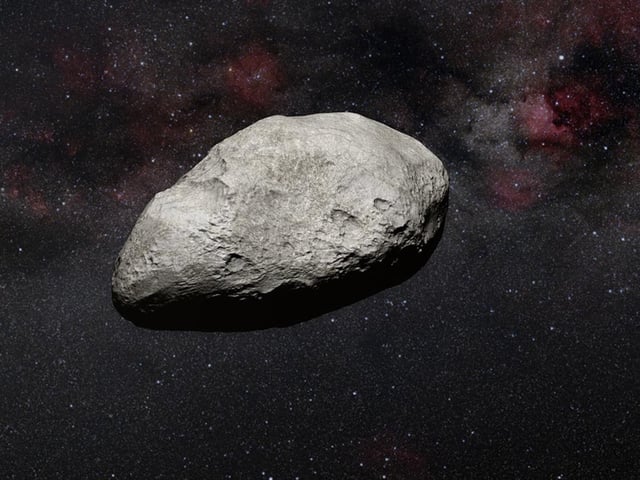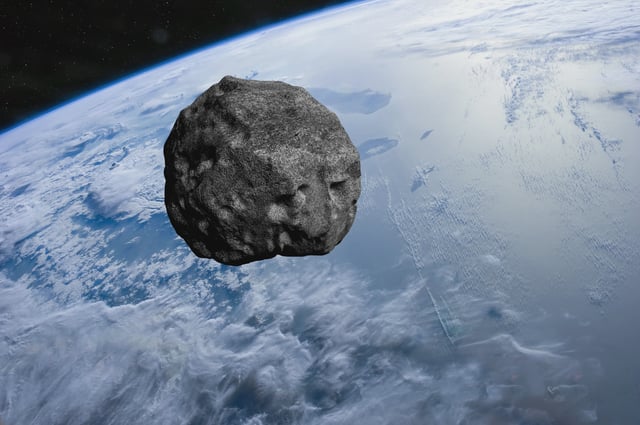Overview
- Asteroid Bennu, with a 1 in 2,700 chance of impacting Earth in September 2182, could inject up to 400 million tons of dust into the atmosphere, causing significant climate disruptions.
- The study predicts a drop in global temperatures by up to 4°C and a 15% reduction in rainfall, leading to a multi-year 'impact winter' and severe food security challenges.
- Photosynthesis in terrestrial and marine ecosystems could initially decline by 20–30%, though marine plankton may recover within six months due to iron-rich dust from the impact.
- The ozone layer could deplete by up to 32%, compounding the environmental challenges caused by the asteroid's collision.
- The research underscores the importance of planetary defense measures, as Bennu represents one of many medium-sized asteroids that have historically impacted Earth every 100,000–200,000 years.


